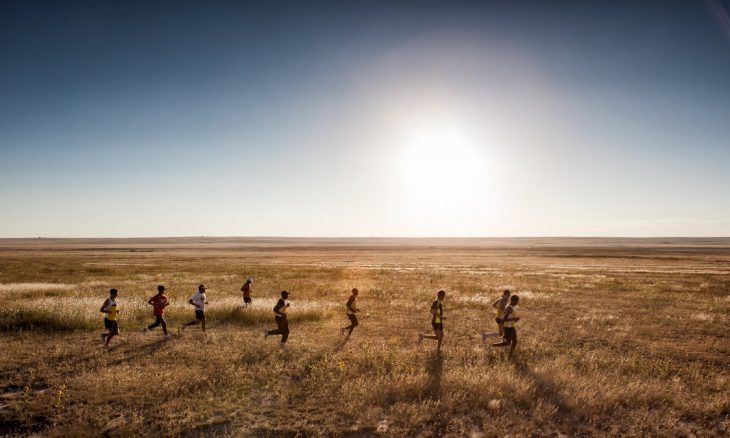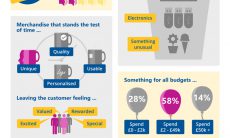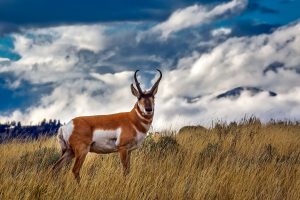
In your business, how risky is your Plan A? Are you only chasing the big wins? If you don’t land the big gig, will you come home to your partners and staff completely empty-handed, putting your business tribe at risk of not living through the night, the month?
You can’t eat bare hands.
There is a reason why humans went from hunting to hunting-and-gathering, to farming. While coming home with enough fresh meat to feed your entire village is highly-prestigious, coming home empty-handed to empty tummies can be a death sentence to our most vulnerable.
You Can’t Eat Bare Hands
In Fair Chase, élite Kenyan professional runner, Andrew Musuva, says it so elegantly that I needed to go back to Amazon Prime Video and transcribe in words from the documentary verbatim—it’s well worth reading through and indicative why we oftentimes lose sight of our plan Bs and become hyperfocused on felling the big buck:
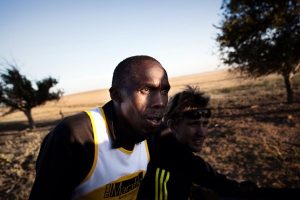
“Hunting back home is more exciting. Why? We don’t have guns. I’m used to going hunting and coming home with nothing when people are waiting for something. You leave the kids, and go look for food and come without food. What are you going to tell the kids when they ask you where the food is? They wanted to eat something. You come with bare hands. They can’t eat bare hands. So that bothers you. That’s a different feeling than dropping out of a race. There’s no tomorrow. The most exciting moment of the hunt is when you see you’re going to take it. You feel like you are born again.”
Fair Chase is a documentary about the failed hunt of a pronghorn. In it, eight élite runners try to literally run down to exhaustion the fattest, oldest and biggest buck—on foot. This is how we humans hunted ten-thousand years ago and it’s also how two of the eight runners hunted deer when they were young.
It’s called persistence hunting.
Yes, two of the Kenyan runners, Andrew Musuva and Jonathan Ndambuki, both admitted to using the same ancient art of persistence hunting to run down their own deer and kudu when they were boys in Kenya. Doesn’t that fact that this was commonplace amongst rural Kenyan villagers as recently as twenty-years-ago enough proof without needing to produce a documentary highlighting a failed experiment? Mind you, I really enjoyed this 53-minute movie.
It Takes (the Whole) Village to Run Down a Buck
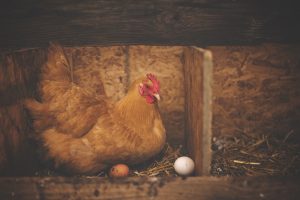
It seems to me that big hunts are often all-or-nothing events that demand all the resources of a possibly already-hungry village. The resources required to even venture to take down a fat, old, pronghorn buck required weeks of preparation, all of the time and treasure in terms of resources, and then, at the end of the hunt, they came home without food. At the end of the film, they came home with bare hands. You can’t eat bare hands. So that bothers me.
In business, feel free to try to run down big game but don’t forget to tend your garden, feed your chickens, and develop a taste for rabbit stew. Low-risk diets of eggs, veggies, and small game provide a village enough baseline fuel and resources to fuel the big risky all-or-nothing hunts.
Feel free to own the yacht but hire a crew if you’re not yet seaworthy. If you get my drift and want to adopt the yachting lifestyle yourself but either don’t have the mad sailing skills yourself, don’t yet posses a world-class crew, and don’t know yet where to go, then you should give me a call or reach out me by email — so I can help you pilot your vessel now, in the tranquil blue-green shallows of the Caribbean, as well as in the roughest seas and into — as well as out of — the storm.
If you’d like to chat more, call me at +1 (202) 869-3210 Ext 0001 email me, or feel free to self-schedule a 15-minute call, a 30-minute call, or a 60-minute call with me.

